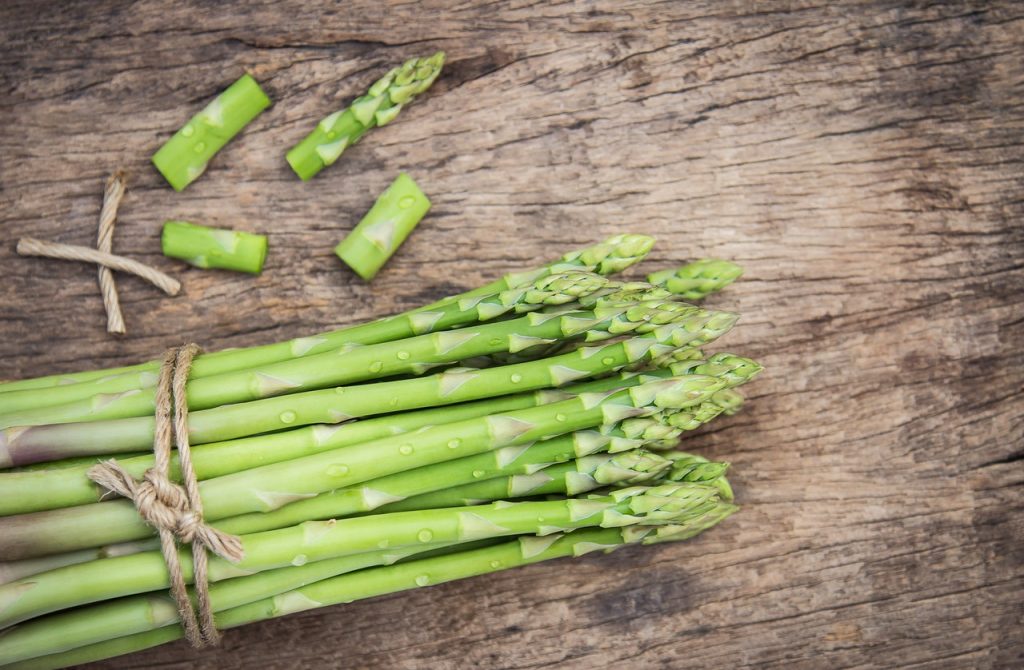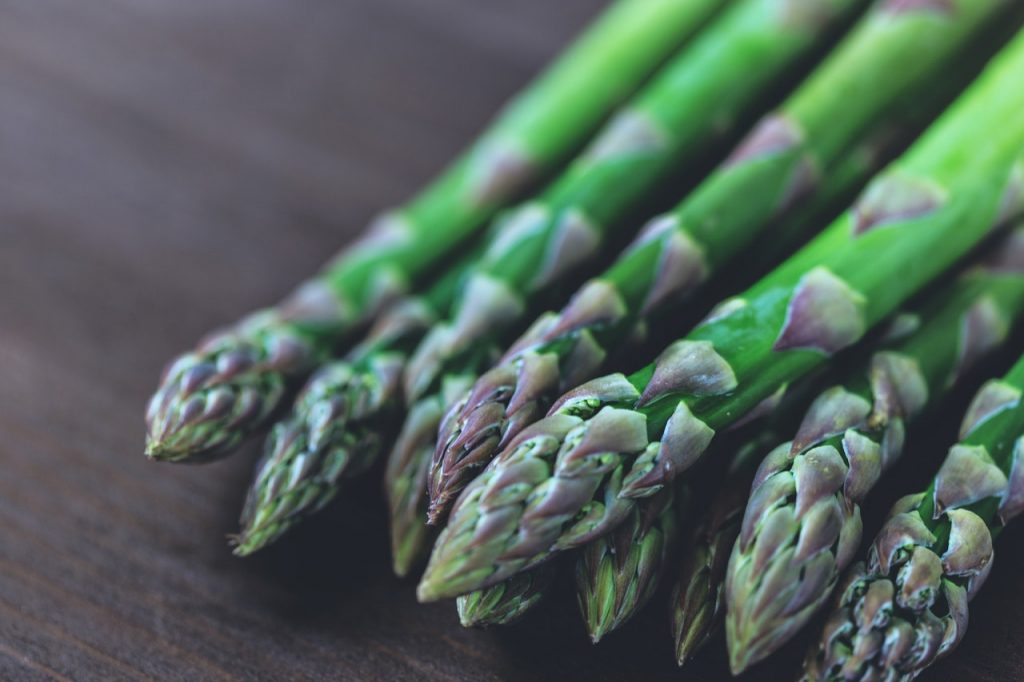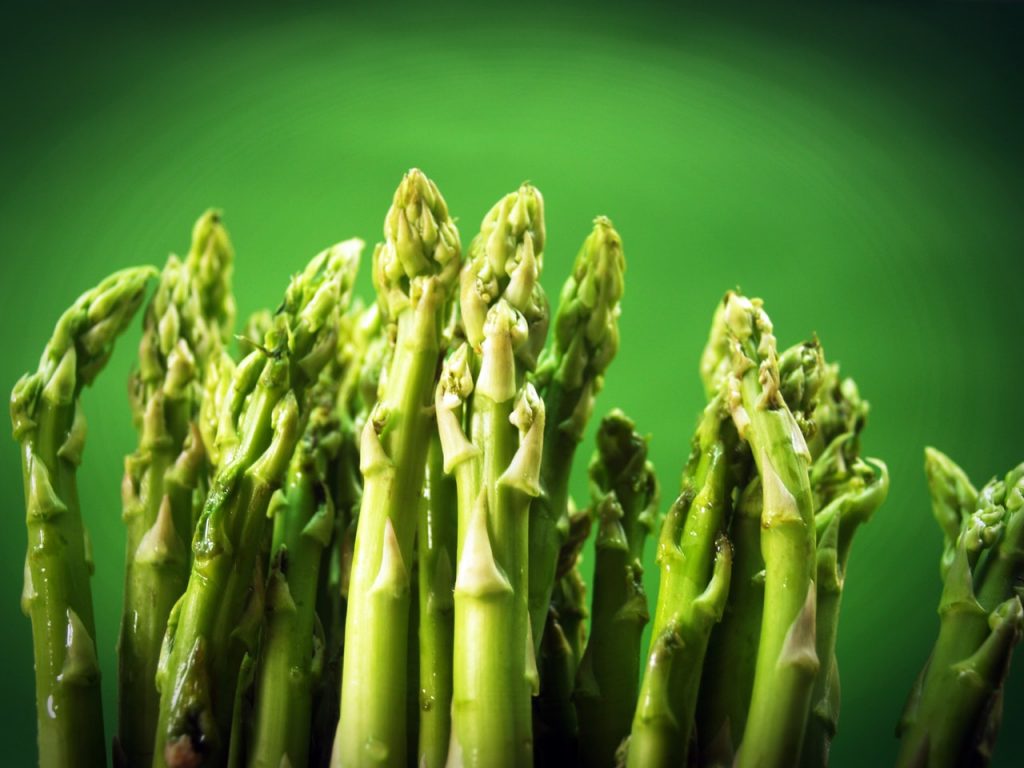This post contains affiliate links. Click here to read my affiliate policy.
Last Updated on January 2, 2024

Asparagus, better known as sparrowgrass, is a valuable vegetable crop that has been used for food for thousands of years. Young shoots of this plant are a very delicious product, included in the daily diet of the inhabitants of ancient Egypt.
Asparagus is interesting not only for its outstanding taste qualities, but also for diuretic, antifungal and antiseptic properties, for which it is actively used in folk and non-traditional medicine. Are you curious to know if asparagus is useful? This will be discussed below.
Composition of asparagus
In the composition of this vegetable culture there are vitamins such as A, B, C, P, PP and E, a number of essential trace elements: sulfur, phosphorus, calcium, potassium, zinc, magnesium and iron.
Asparagus is a universal source of fiber, which takes an active part in the smooth functioning of the musculature of the intestine. It also stimulates the work of the stomach and supports it in tone. Due to cellulose, the intake of cholesterol in the circulatory system and the risk of plaques are reduced.
Asparagus, the composition of which is extremely rich in various vitamins, minerals and microelements, has a very beneficial effect on all body systems (even on some delicate one). For example, vitamins of groups E, C and A effectively resist free radicals and maintain the level of immunity in proper condition.
Vitamin of growth A and carotene have a beneficial effect on eyesight and provide the eyes with a full spectrum of color perception. Vitamins of group B are necessary for high-grade work of nervous system.
Saponins, which are abundant in asparagus, activate the functioning of certain hormones. They have a pronounced diuretic effect, and are also an excellent preventive against such diseases as atherosclerosis and gastric ulcer. Asparagus is rich in coumarins, which have a general strengthening effect on the cardiovascular system and a whole body, and increase the level of natural defenses. It contains the following elements:
- alimentary fiber;
- carbohydrates;
- water;
- starch;
- proteins;
- monosaccharides and disaccharides;
- organic acids.
Asparagus is classified as a low-calorie product, so you can eat it without the risk of gaining excess weight. 100 g of young shoots contain about 22-33 kcal and 0.1 g of fat.

What are the benefits and harms
So, it is obvious that asparagus is a really useful product. And what exactly are the benefits and harms?
In addition to the abundance of vitamins and a number of essential trace elements, asparagus can boast a high content of zinc, which the body needs to regenerate damaged bone and connective tissues, as well as to heal wounds. Magnesium, in turn, has a very favorable effect on the state of the nervous system and is an excellent tool for preventing neuroses and depressive conditions.
Iron is necessary for the process of hematopoiesis, and potassium is recommended for people suffering from various edema and diseases of the cardiovascular system.
How useful is asparagus? It is possible to single out such positive aspects of asparagus:
- decreased flatulence;
- liquefaction and withdrawal of sputum from the bronchi;
- a large number of natural antioxidants;
- stabilization of intestinal microflora;
- decrease in cholesterol in the body;
- improvement of blood coagulability.
Asparagus, the useful properties of which are beyond doubt, can also cause some harm to the human body. In rare cases, there may be an individual intolerance to this product, so people suffering from food allergies should be cautious about consuming this vegetable culture. Asparagus is contraindicated during exacerbations of peptic ulcer, articular rheumatism, prostatitis and cystitis.

How to cook asparagus
The most useful is the consumption of young shoots in their raw form, and they must be cut no later than three days before they are eaten. You can also cook asparagus for a short period of time, because in this case most vitamins and important elements are stored. This vegetable culture is easily prepared in a double boiler or oven.
Green and white varieties of asparagus have been used for thousands of years not only as food, but also as a remedy for a variety of ailments associated with the work of the gastrointestinal tract, cardiovascular and nervous systems.
Asparagus is an invariable component of traditional Indian cuisine, where it is stewed with different vegetables, fried with sesame seeds and added to the filling of cakes.
In the European cuisine certain dishes are popular such as asparagus with pasta, fried shoots with tomatoes or salad, to which in addition to asparagus is added fresh avocado, rucola and olive oil. Also, most restaurants serve soup-puree with asparagus, pancakes, lasagna, vegetarian sandwiches and pizza.
Asparagus sprouts do not have anything to do with a tofu skin (a film taken from soymilk), which is often called so.
It should be added that asparagus is an excellent aphrodisiac. In the Middle Ages it was even forbidden to monks and church servants to eat it because it promotes libido. In cosmetology, extracts and juice of a plant are used for manufacturing various lotions, clearing masks and softening creams. The use of asparagus is recommended for people suffering from diabetes, as it is able to activate the process of natural insulin production by the body. Eat vegetable food and be healthy!

